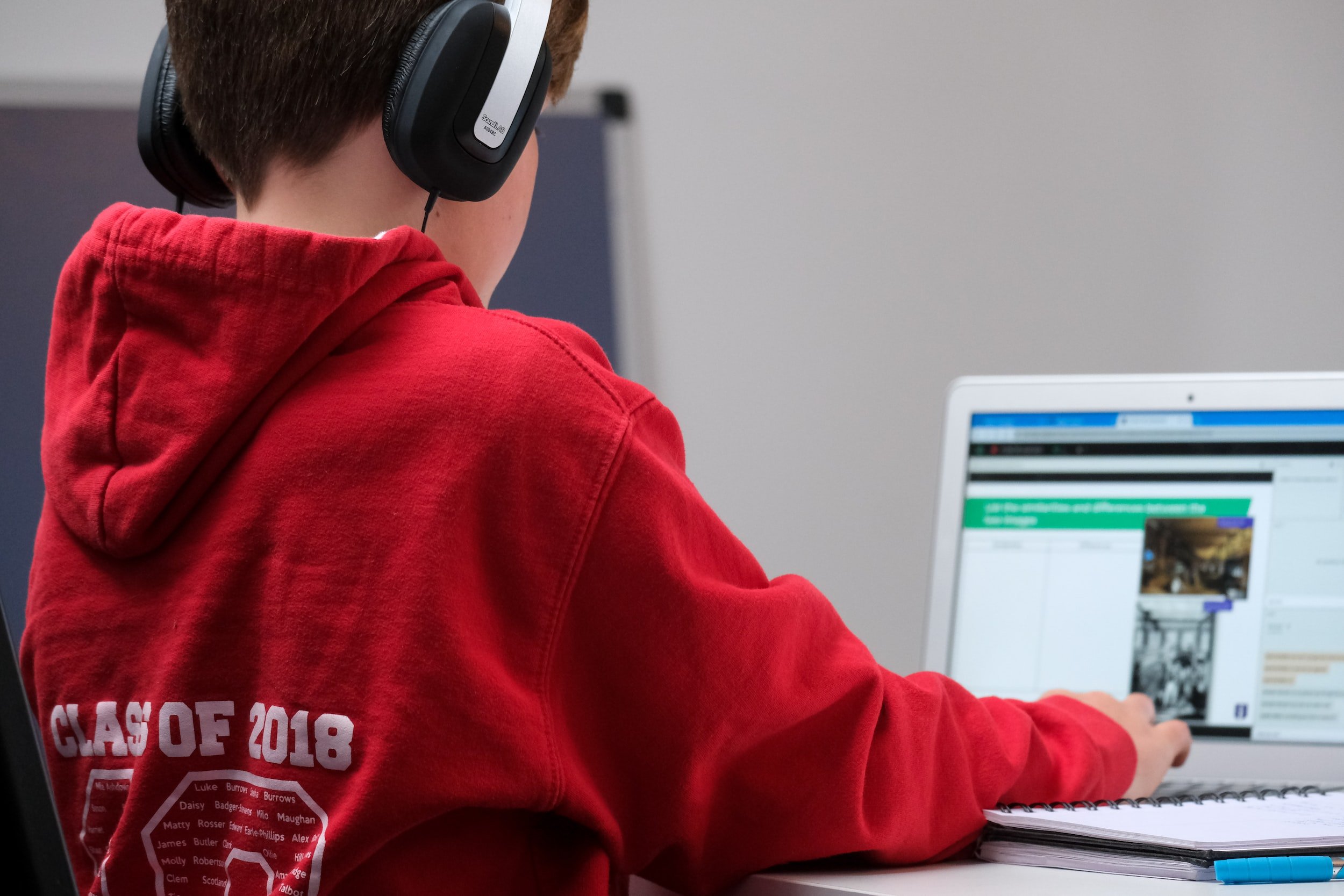Why you should allow children to be curious and find out answers themselves
We all know the feeling—that nagging sense that we should know something, but we just can't quite remember what it is. For a child, this feeling can be overwhelming and frustrating. They see their peers remember the answer to the question and they feel left behind. Why couldn't they just remember?
As it turns out, there's a reason why some kids always seem to have their hand up in class. These kids aren't necessarily smarter than their peers, they're just more curious. And while it may seem like curiosity is a nuisance at best and a distraction at worst, new research is showing that curiosity has some hidden benefits. When students are able to find answers to their questions on their own, they're not just satisfying their curiosity; they're developing important skills that will help them later in life.
Curiosity is often thought of as a trait that gets in the way of learning. Students who are always asking questions can be disruptive and make it difficult for others to learn. However, new research is showing that curiosity has some hidden benefits. When students are able to find answers to their questions on their own, they're not just satisfying their curiosity; they're developing important skills that will help them later in life.
One of the most important skills that students develop when they satisfy their curiosity is the ability to think critically. In order to find an answer to their question, students have to sift through a lot of information and figure out which parts are relevant and which parts aren't. This process of critical thinking is an essential skill that will serve students well throughout their academic careers and beyond. STEM@Home was built around this concept. We encourage children to ask “why is this happening?” as they do their experiments. We want children to think “What would happen if I changed this?” and encourage them to actually carry out these modifications to the experiments to answer their own questions.
In addition to developing critical thinking skills, students who satisfy their curiosity also learn how to manage their time effectively. When students are working on finding an answer to a question, they have to be careful not to get lost in the sea of information available to them. This requires them to plan and execute a search strategy, which is a valuable time management skill.
Finally, students who ask their own questions and find answers on their own learn how to persevere in the face of adversity. Even when the going gets tough and they can't seem to find an answer, these students keep going until they find what they're looking for. This tenacity will serve them well throughout their lives, both personally and professionally.
While it may seem like curiosity is nothing more than a nuisance, new research is showing that it has some hidden benefits. When students are able to find answers to their questions on their own, they're not just satisfying their curiosity; they're developing important skills that will help them later in life. So instead of shushing those curious kids, we should encourage them—they might just be our next great scientists or inventors!



